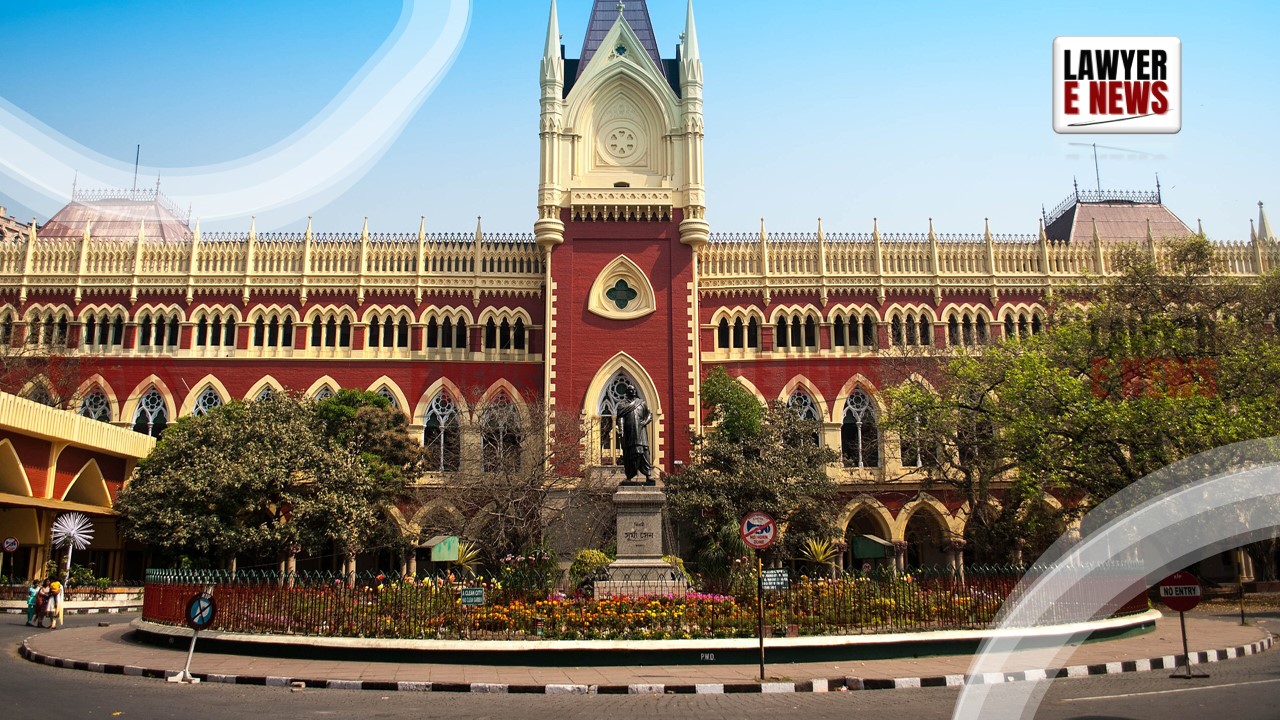-
by Admin
15 February 2026 5:35 AM



The Calcutta High Court has dismissed a writ petition seeking a compassionate appointment, upholding a tribunal’s earlier decision. The court stressed the necessity of timely application and significant merit in such cases. The judgment, delivered by Justices Tapabrata Chakraborty and Partha Sarathi Chatterjee, reinforced the principle that compassionate appointments are not entitlements but are subject to stringent scrutiny.
Facts of the Case:
The petitioners, Pradip Kumar Pandit and others, challenged an order dated April 25, 2023, which denied their claim for compassionate appointment. Their father, Lalit Mohan Pandit, had been medically decategorized in 1999. Lalit’s purported son, Alok Kumar Pandit, was initially appointed in 2001 but was later dismissed following allegations that he was not Lalit’s legitimate son. Subsequent applications by the petitioners for compassionate appointment were repeatedly rejected, leading to the current writ petition.
Credibility of Petitioners’ Claim:
The court noted that the petitioners’ claim lacked merit due to several factors, including the significant lapse of time since the initial medical incapacitation and the absence of immediate financial distress. “The petitioners had survived since 1999, which diminishes the element of immediacy in their claim,” observed the bench.
Timeliness and Merit:
The judgment highlighted that the initial application for compassionate appointment was made in 2011, a decade after the father’s decategorization. The court found this delay indicative of a lack of immediate need. “Compassionate appointment is not a continuing entitlement and must be claimed promptly,” the court emphasized.
Consistency in Rulings:
The court upheld the tribunal’s consistent rejections of the petitioners’ claims, noting that previous directives for reconsideration were based on procedural grounds rather than substantive merit. The court remarked, “Reiteration of the same grounds without new merit cannot sustain a claim for compassionate appointment.”
Legal Reasoning:
The court meticulously dissected the conditions for compassionate appointment, particularly the necessity for a timely application and substantial merit. It referred to the Railway Board’s circulars which mandate minimum educational qualifications, noting that these were prospective and did not retroactively apply to the petitioners’ case. The court also discussed the discretionary nature of compassionate appointments, stressing that individual circumstances must justify any relaxation of requirements.
Justice Tapabrata Chakraborty remarked, “The relaxation of qualification in previous cases does not create a precedent entitling all subsequent claimants to similar leniency. Each case must be assessed on its individual merits.”
Conclusion: The High Court’s decision underscores the judiciary’s stringent approach to compassionate appointments, emphasizing that such provisions are meant to address immediate and pressing needs rather than serve as a blanket entitlement. The judgment reinforces the importance of prompt and merit-based applications, setting a precedent for future cases involving compassionate appointments.
Date of Decision:August 1, 2024
Pradip Kumar Pandit & Ors. Vs. Union of India & Ors.
